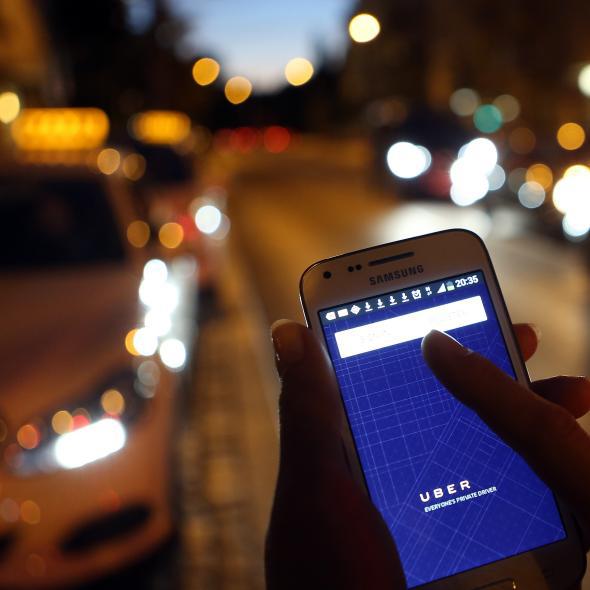The more we live through our smartphones, the more personal information our devices and the apps we’ve installed on them acquire. Where we’ve been, what we’ve watched, and more is all potentially up for scrutiny. What exactly are we revealing? That’s the subject of a recent study by the Pew Research Center.
Though the researchers focused exclusively on Android phones, their study was massive, examining over 1 million apps from the Google Play store. To conduct an investigation on this scale they used a custom Chrome extension that trawled through the store and pulled information about each app. It took months and ultimately yielded an enormous trove of data about the apps in the store and what permissions they request when downloaded.
Not all of these permissions directly convey information about users. As the study explains, “Permissions range from allowing the app to interact with specific hardware on the device (such as the camera flash) to allowing the app to access a user’s contact list.” The Pew researchers cataloged 235 distinct permissions requests, finding that roughly 70 percent fit into the former category. Of these, the two most common allow apps to connect to the Internet, operations that “do not, by themselves, allow their associated apps to access any user information directly.”
When apps do request more explicitly personal access, they’re not necessarily violating users’ privacy. Common functions of this type include reading a phone’s call logs, accessing contact lists, and discovering a list of accounts from other applications. Information like this is typically necessary for the basic functioning of the app, and there’s no reason to necessarily worry that it’ll be put to problematic use.
How do users feel about these data requests? Skeptical! According to the study, 60 percent of American adults who own smartphones and download apps report choosing “not to install an app when they discovered how much personal information [was] required in order to use it.” A slightly smaller, but still significant, 48 percent said they uninstalled an app they had previously downloaded after learning what information it requested.
If Android owners are representative of smartphone users more generally, we’re a hearteningly cautious bunch. Though we’re apparently willing to release some info about ourselves, the study suggests not all of us are comfortable blindly letting it circulate. And for good reason: As the study notes, “If used incorrectly (or maliciously),” apps with functions seemingly as innocuous controlling a phone’s flashlight or vibration “could potentially damage a user’s device.”
